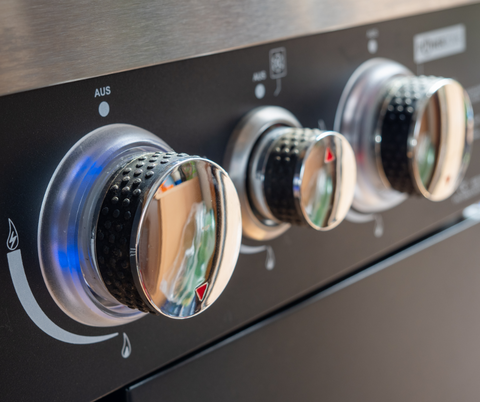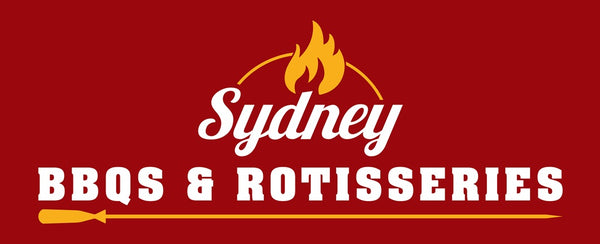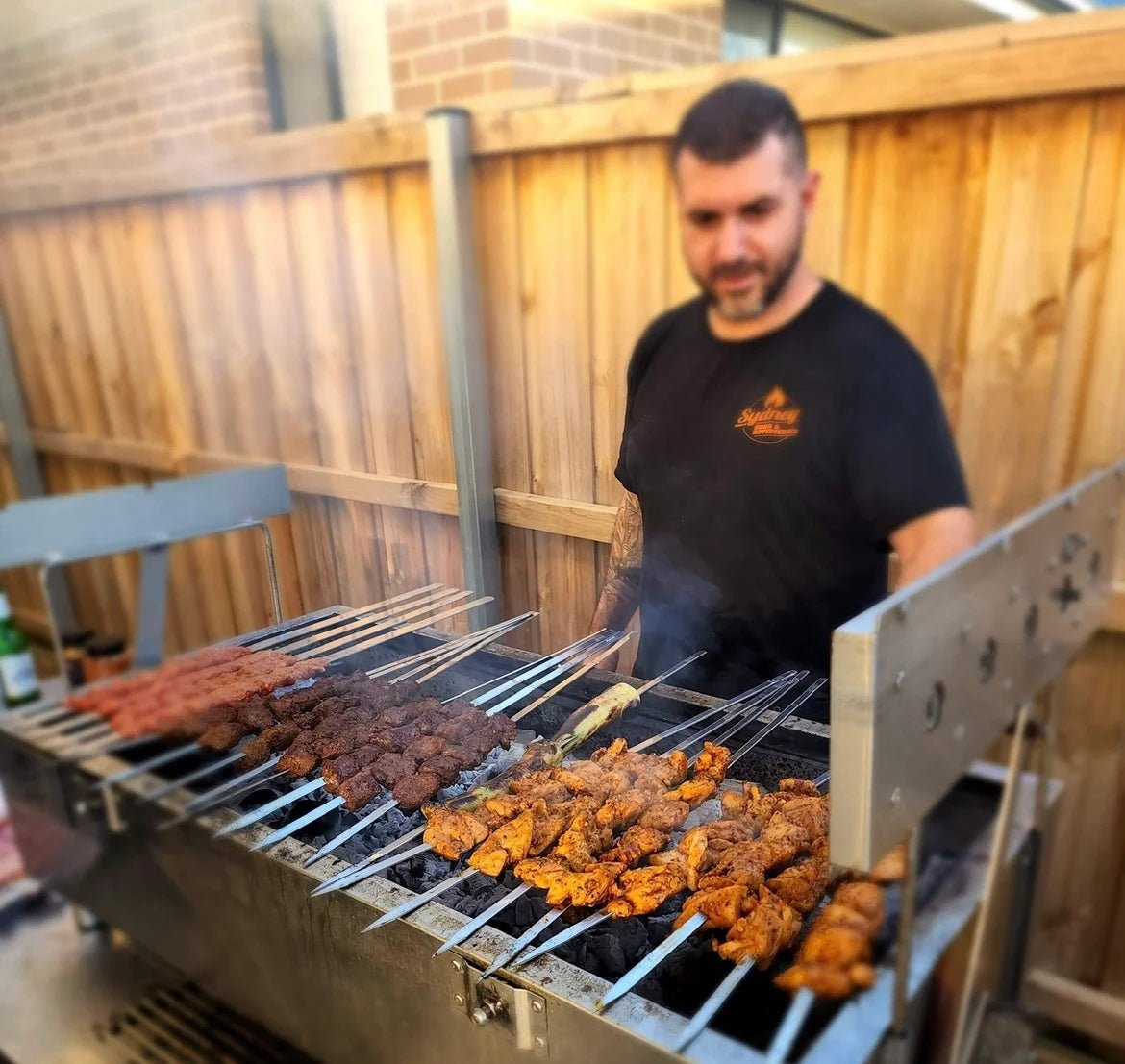In the world of outdoor cooking, few debates spark as much passion and controversy as the choice between charcoal and gas BBQs. For decades, enthusiasts have argued passionately in favour of their preferred fuel source, citing various factors such as flavour, convenience, and tradition. However, for those new to the grilling scene or considering an upgrade, understanding the differences between these two options is crucial. In this comprehensive guide, we will explore the differences of charcoal and gas BBQs, examining their unique features, advantages, drawbacks, and helping you make an informed decision tailored to your grilling needs.
The Charcoal BBQ Experience
Let's kick things off with a closer look at the charcoal BBQ experience. Charcoal grilling holds a special place in the hearts of many outdoor cooking enthusiasts (myself included) for several reasons. First and foremost is the unmatched flavour it imparts to food. Unlike gas grills, which rely solely on burners for heat, charcoal produces a distinct smoky flavour that enhances the taste of meats, vegetables, and more. This signature taste is often associated with outdoor gatherings, evoking memories of summer cook-ups and backyard barbecues.
In addition to flavour, charcoal BBQs offer versatility in cooking. With the ability to reach both high temperatures for searing and low temperatures for slow smoking, charcoal grills allow for a wide range of cooking techniques. Whether you're searing a steak to perfection or slow roasting a tender rack of ribs, charcoal provides the flexibility to achieve your desired results.
However, it's important to acknowledge the drawbacks of charcoal BBQs as well. These grills typically require a longer preheating time compared to gas counterparts, as the charcoal needs sufficient time to reach the desired temperature. Additionally, maintaining consistent heat levels throughout the cooking process may require more attention and adjustment, making charcoal grilling a bit more hands-on. Finally, there's the issue of handling and storage of charcoal, which can be messy and require extra space compared to gas bottles.
The Gas BBQ Experience

Now, let's turn our attention to gas BBQs and explore what makes them a popular choice among grillers. Gas grills offer convenience, with instant ignition and easy temperature control at the turn of a knob. Unlike charcoal, which requires time to heat up, gas grills are ready to cook in a matter of minutes, making them ideal for busy weeknights or last minute cooks.
Despite these advantages, gas BBQs do have their limitations. One of the most significant drawbacks is the lack of the distinct smoky flavour associated with charcoal grilling. While gas grills can still produce delicious results, they may not achieve the same depth of flavour that charcoal imparts. Additionally, some grill purists argue that gas grilling lacks the authenticity and tradition of charcoal cooking, preferring the hands-on experience and nature of charcoal BBQs.
Key Differences Between Charcoal and Gas BBQs
Now that we've explored the unique features of charcoal and gas BBQs, let's dive deeper into the key differences between the two.
Flavour profile: Perhaps the most significant difference between charcoal and gas grilling is the flavour profile they impart to food. Charcoal grills produce a distinct smoky flavour that is highly prized by many BBQ enthusiasts. Gas grills, on the other hand, may lack this depth of flavour, although they still produce delicious results.
Cooking time and temperature control: Gas grills offer unparalleled convenience when it comes to cooking time and temperature control. With instant ignition and precise temperature adjustments, gas BBQs allow for faster preheating and more consistent heat levels throughout the cooking process. Charcoal grills, while offering versatility in cooking techniques, may require more time and attention to achieve and maintain the desired temperature.
Maintenance and cleanliness: Gas grills are generally easier to clean and maintain compared to charcoal grills. With fewer moving parts and no ash residue to contend with, gas BBQs require less upkeep and are less messy overall. However, some grillers may prefer the ritualistic process of cleaning and maintaining a charcoal grill, finding satisfaction in the hands-on nature of the task.
Cost considerations
Finally, let's talk about cost. While gas grills may have a higher upfront cost compared to charcoal grills, they can be more cost-effective in the long run. Gas is typically cheaper and more readily available than charcoal, making it a more economical choice for frequent grillers. Additionally, gas grills tend to require less maintenance and replacement parts over time, further reducing long-term costs.

Factors to Consider When Choosing Between Charcoal and Gas BBQs
Now that we've explored the key differences between charcoal and gas BBQs, let's discuss some factors to consider when making your decision.
Personal preference and cooking style: At the end of the day, the choice between charcoal and gas BBQs often comes down to personal preference and cooking style. Some grillers prefer the smoky flavour and hands-on experience of charcoal grilling, while others prioritise convenience and ease of use with a gas grill. Consider your own preferences and cooking habits when making your decision.
Frequency of use and time constraints: How often do you plan to grill, and how much time are you willing to invest in the cooking process? If you're a frequent griller with limited time, a gas grill may be the more practical choice. However, if you enjoy the process of charcoal grilling and have the time to dedicate to it, a charcoal grill may be the better option.
Budget and cost of ownership: Consider your budget when shopping for a new BBQ grill. While gas grills may have a higher upfront cost, they can be more cost-effective in the long run due to lower fuel costs. However, if you're on a tight budget or prefer the simplicity of charcoal grilling, a charcoal grill may be the better choice for you.
Available space and storage options: Finally, consider the space you have available for your BBQ grill and any storage limitations you may have. Gas grills typically require more space due to their larger size and the need for an LPG bottle. If space is limited, a smaller charcoal grill may be the more practical choice. Additionally, consider whether you have a safe and convenient location to store your grill when not in use.
Closing Thoughts
The choice between charcoal and gas BBQs ultimately comes down to personal preference, cooking style, and individual needs. Both options offer unique advantages and drawbacks, and there is no one-size-fits-all answer. Whether you prefer the smoky flavour and hands-on experience of charcoal grilling or the convenience and precision of gas grilling.
You can view our range of BBQ Grills here.


